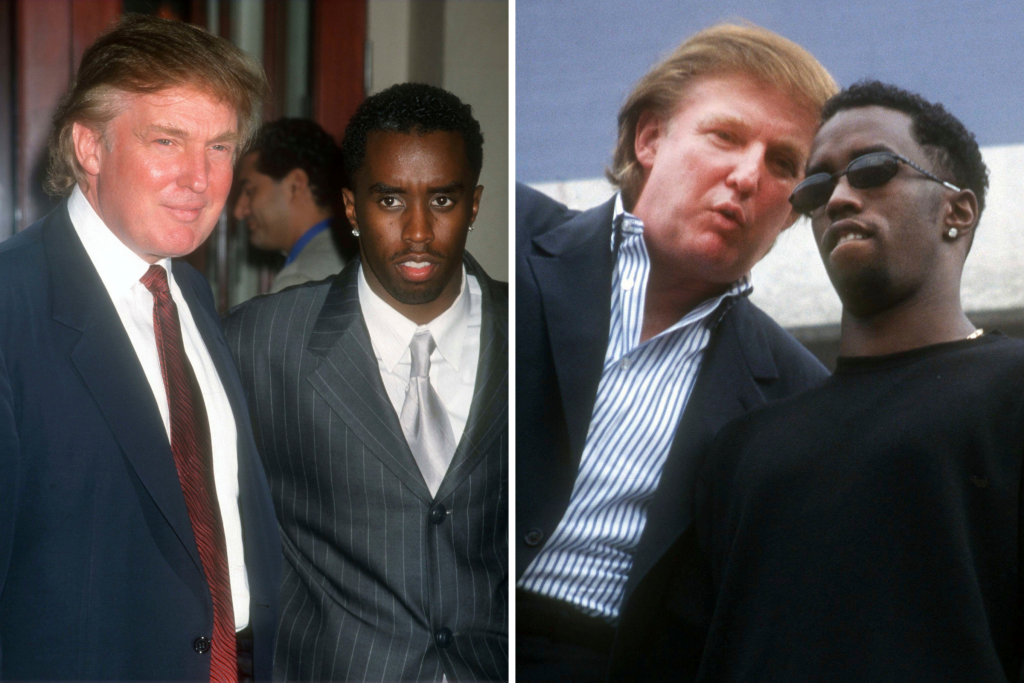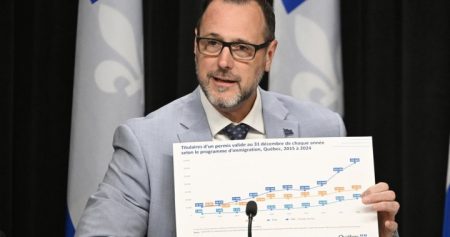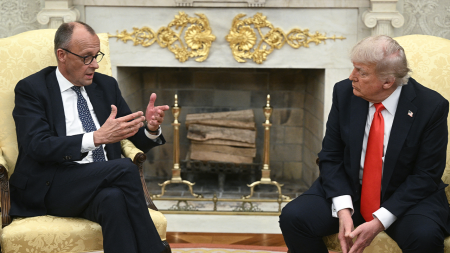Sean “Diddy” Combs, the renowned music mogul, is currently incarcerated at the Metropolitan Detention Center in Brooklyn awaiting trial in a sex trafficking case. His legal team is diligently working to ensure his fair treatment while behind bars, invoking the cases of other high-profile inmates, such as Sam Bankman-Fried and Ghislaine Maxwell, to support their arguments for equitable access to resources and communication privileges.
Combs’ lawyers are particularly focused on securing his access to a laptop, citing its necessity for effective legal preparation. They contend that denying Combs this tool, while permitting other inmates like Bankman-Fried to utilize laptops for similar purposes, creates an unjustified disparity and infringes upon his Fifth and Sixth Amendment rights. Furthermore, they argue that the government’s suggestion that Combs handwrite his legal notes is impractical and inconsistent with the practices afforded to other inmates. The lawyers emphasize that a laptop would facilitate efficient review of legal materials and streamlined communication with counsel, echoing the procedures observed in Bankman-Fried’s case. By enabling the secure exchange of hard drives, a laptop would significantly aid Combs in mounting a robust defense.
Beyond the laptop issue, Combs’ legal team is also contesting the prosecution’s attempts to restrict his communication, particularly regarding potential witnesses and public statements. They cite the precedent set in the United States v. Trump case, arguing that any restrictions on Combs’ speech must meet the “most demanding scrutiny,” given his status as a criminal defendant presumed innocent. They maintain that Combs possesses a stronger constitutional claim to free speech than other trial participants, including the right to criticize the prosecution, based on the principles established in the Trump case.
The defense team further points to the case of Ghislaine Maxwell to argue for consistent access to laptops, stressing that inmates should have access to these devices on weekends and holidays, in addition to extended weekday hours. They refute the government’s assertion that granting Combs’ request would create “unjustified disparities,” emphasizing that providing equal access to essential tools for legal defense is a matter of fairness and constitutional right.
Combs’ lawyers are not only advocating for equitable treatment concerning technology access but also for the right to communicate effectively with his legal team. They highlight the potential prejudice caused by a government investigator photographing Combs’ handwritten legal notes, raising concerns about privacy and the integrity of the attorney-client privilege. This incident further underscores the need for secure digital communication channels, which a laptop would provide.
In essence, Combs’ legal team is leveraging the experiences of other high-profile inmates to establish a benchmark for fair treatment. They argue that denying Combs access to resources and communication privileges granted to others in similar circumstances would not only create an unfair disadvantage but also violate his constitutional rights. The defense maintains that ensuring equitable access to technology and upholding Combs’ right to communicate freely are crucial for a just legal process, allowing him to effectively participate in his defense and upholding the principles of due process.










